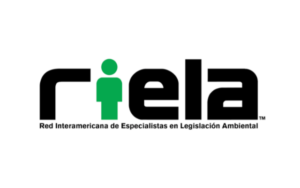One of the problems being faced by many of us during this mandatory lock-down is the issue of income, especially in the case of those who, although they continue providing services, have problems when it comes to issuing invoices and collecting the money owed for these services.
From a strictly tax-related viewpoint, the problems are due to some of the rules and regulations governing billing in Venezuela.
We must begin by remembering that Article 155 of the Constituent Decree Enacting the Tax Code provides that taxpayers, responsible parties and third parties are under the obligation to issue the documents required under special tax laws, in compliance with the respective requirements and formal procedures.
In turn, Article 54 of the Value Added Tax Act requires that those responsible for payment of this tax issue invoices for products sold, services rendered and other taxable activities; Article 55 states when these invoices must be issued and, in the case of services, provides that they must be issued, at the latest, within the tax period in which the taxpayer receives the payment, the amount is credited or made available to the taxpayer.
Article 8 of the Decree declaring the State of Alarm, published in Official Gazette No. 6,519 dated March 13, 2020, provides that the President of the Republic may declare a suspension of activities in specific locations or geographical areas. This suspension includes a suspension of work-related activities that cannot be performed remotely by the worker or employee from his home.
In the case of the formal obligation requiring that an invoice be issued, we find that many of those providing services are doing so remotely but that, given their specific circumstances, are unable to issue the respective invoices. In our opinion, given that this is a force-majeure situation, formal obligations –including the issuing of invoices—would be covered by the exceptions provided for in Article 85, section 4 of the Constituent Decree Enacting the Tax Code.
Once the government issues a decree allowing the resumption of normal activities so that people may go back to work, service providers will be able to resume billing for their services. In the meantime, these service providers could contact their clients and discuss the possibility of receiving payments in the form of advances during this period so as to receive the income needed to cover their basic costs, including their payrolls.
Please feel free to contact us if you need assistance or have any questions regarding legal issues arising from this pandemic and its effects, or concerning any other matter.
Ysabel Figueira



